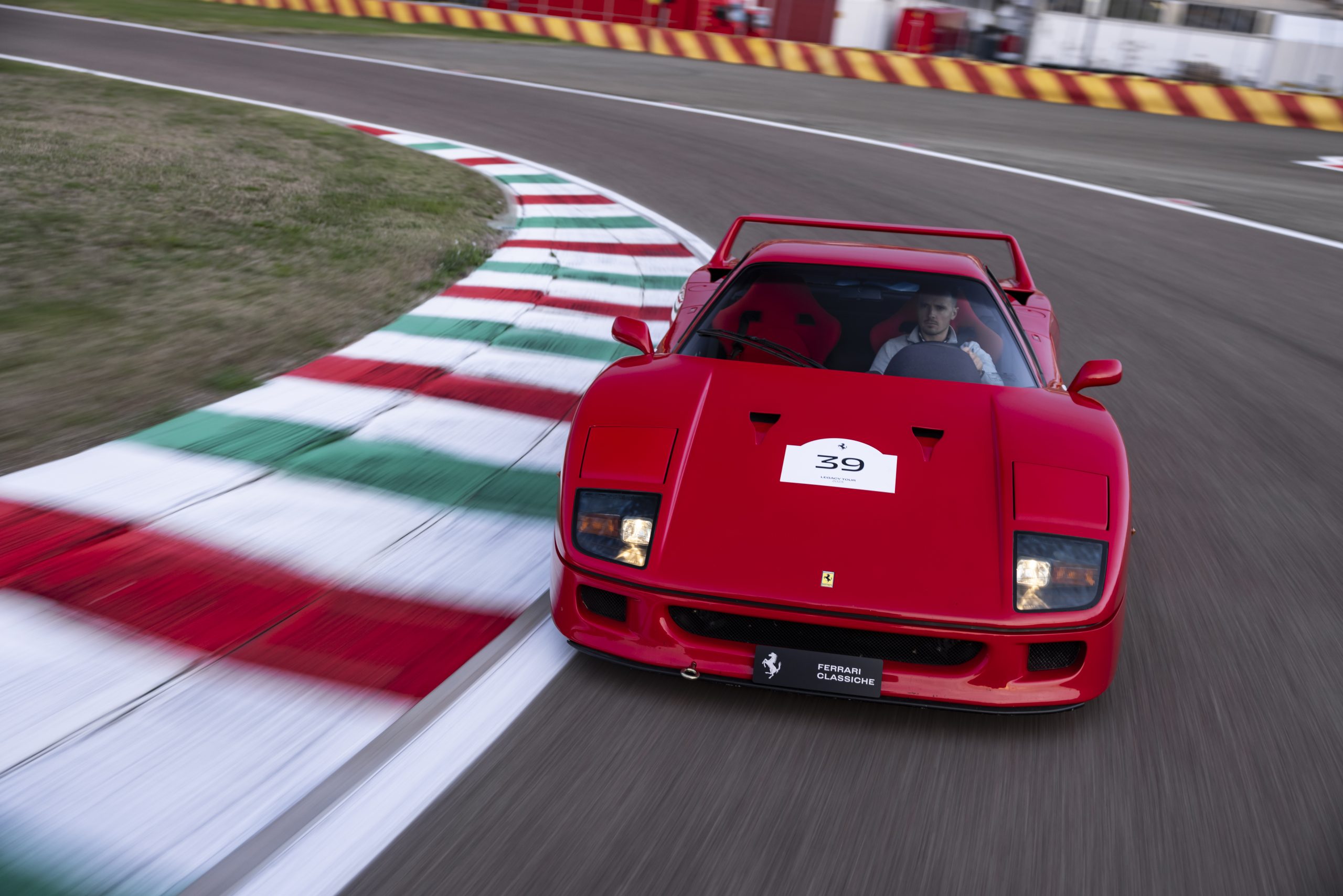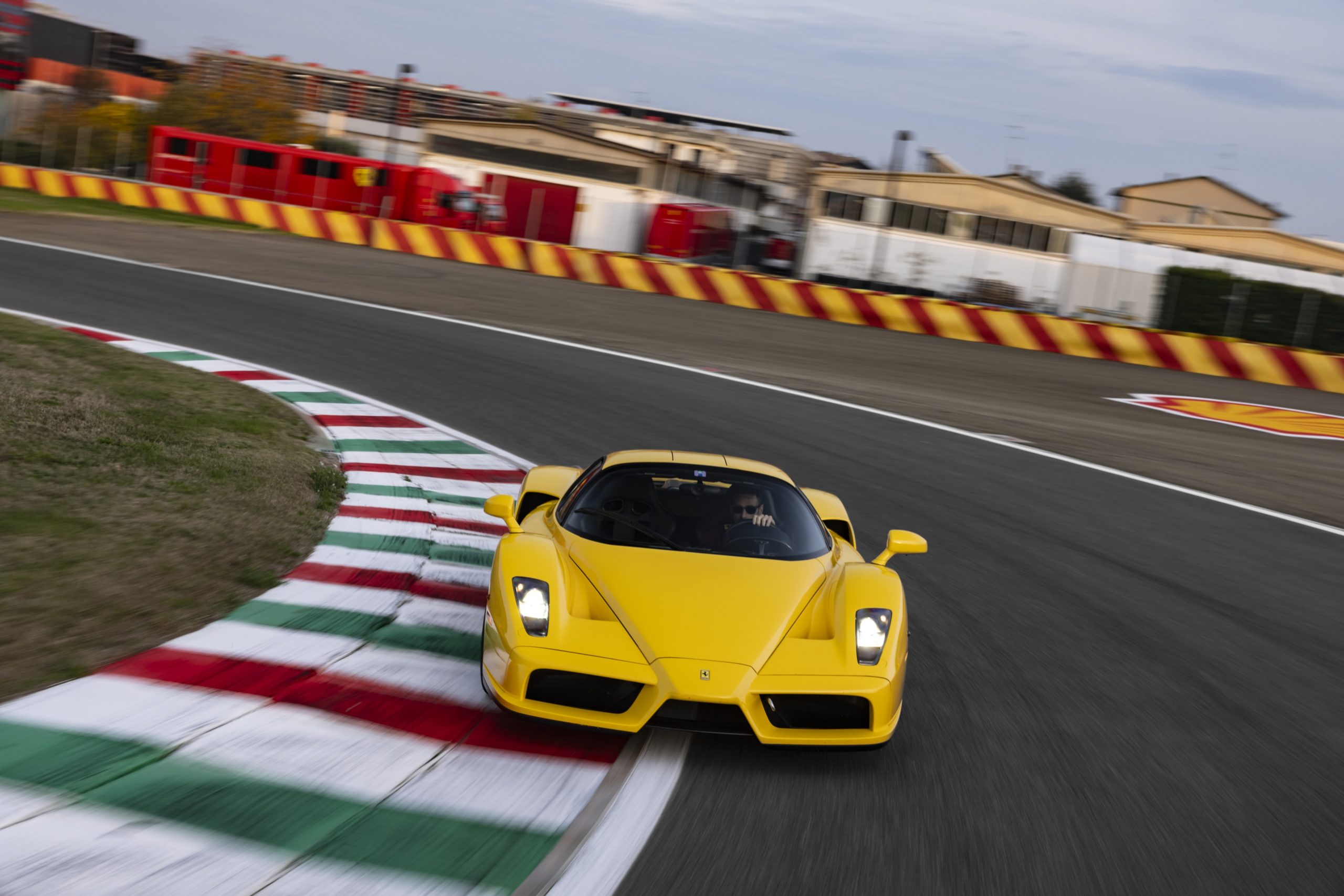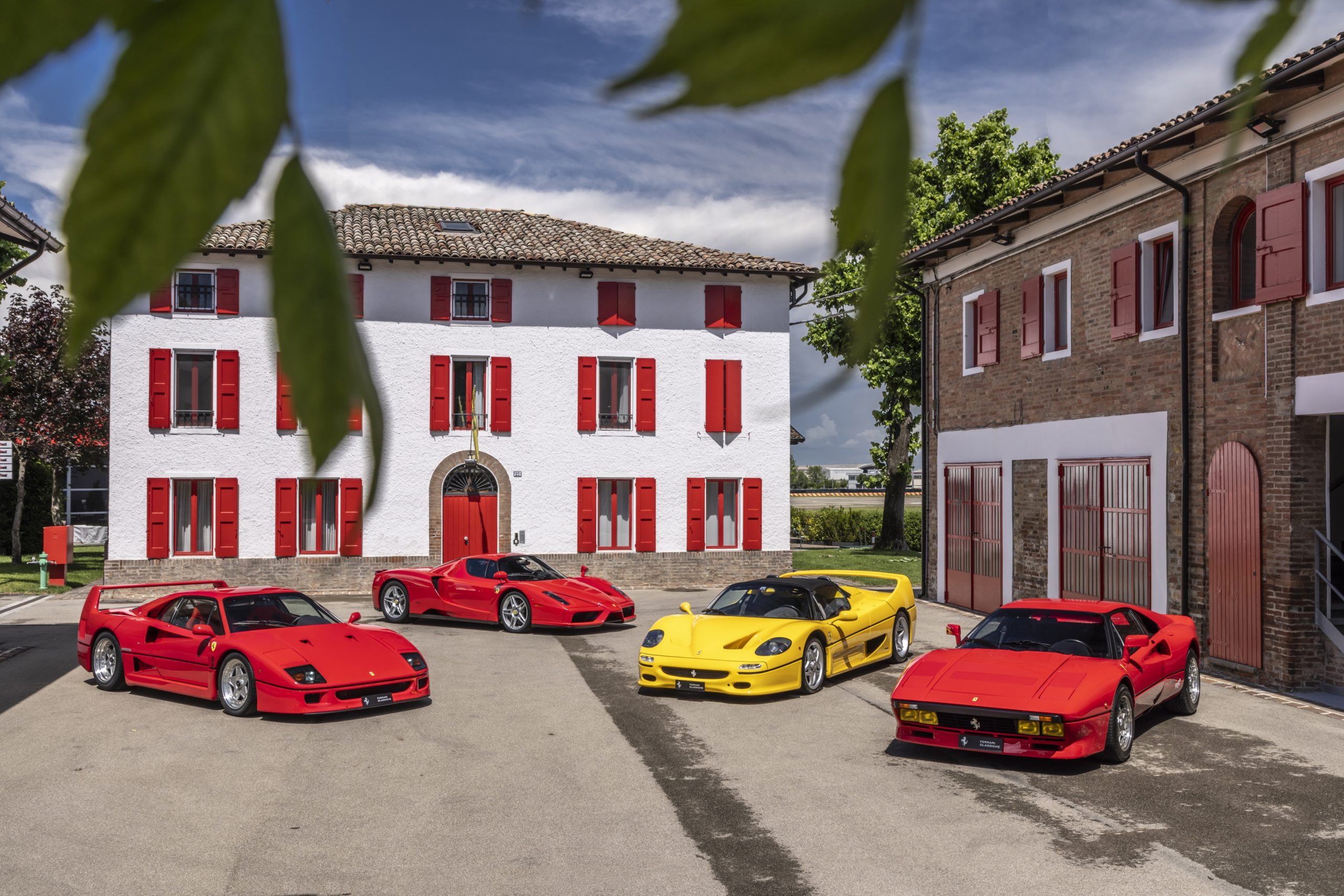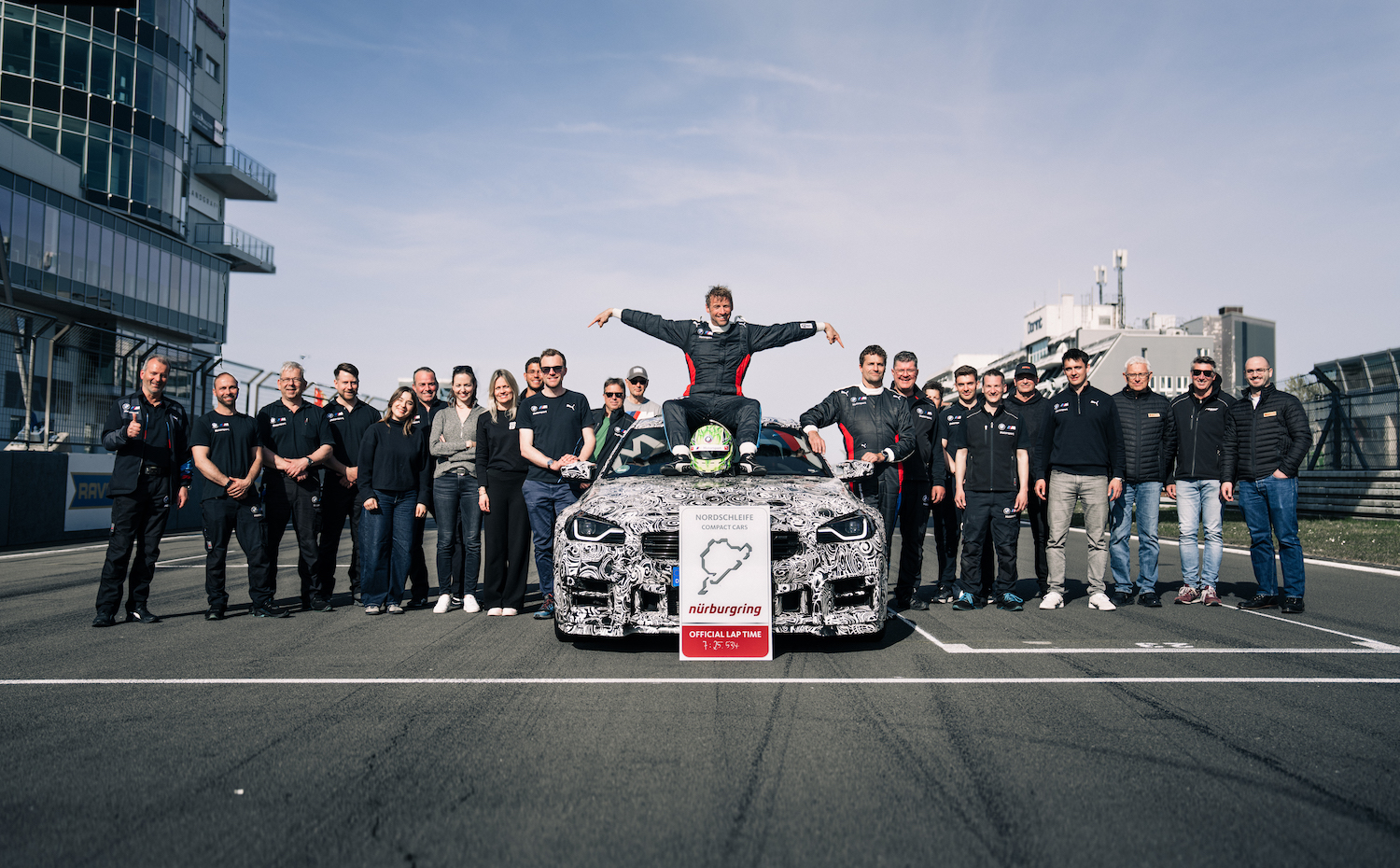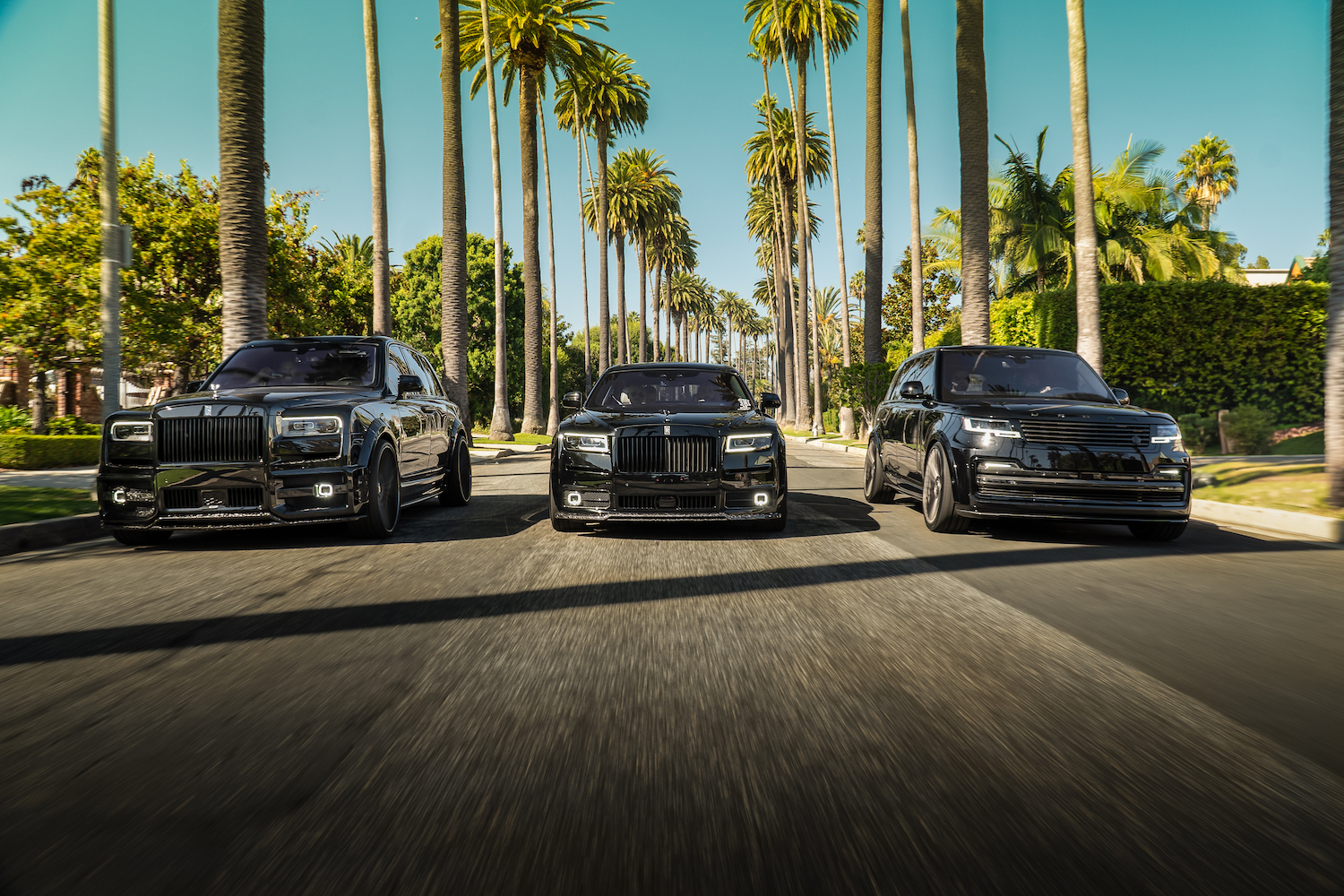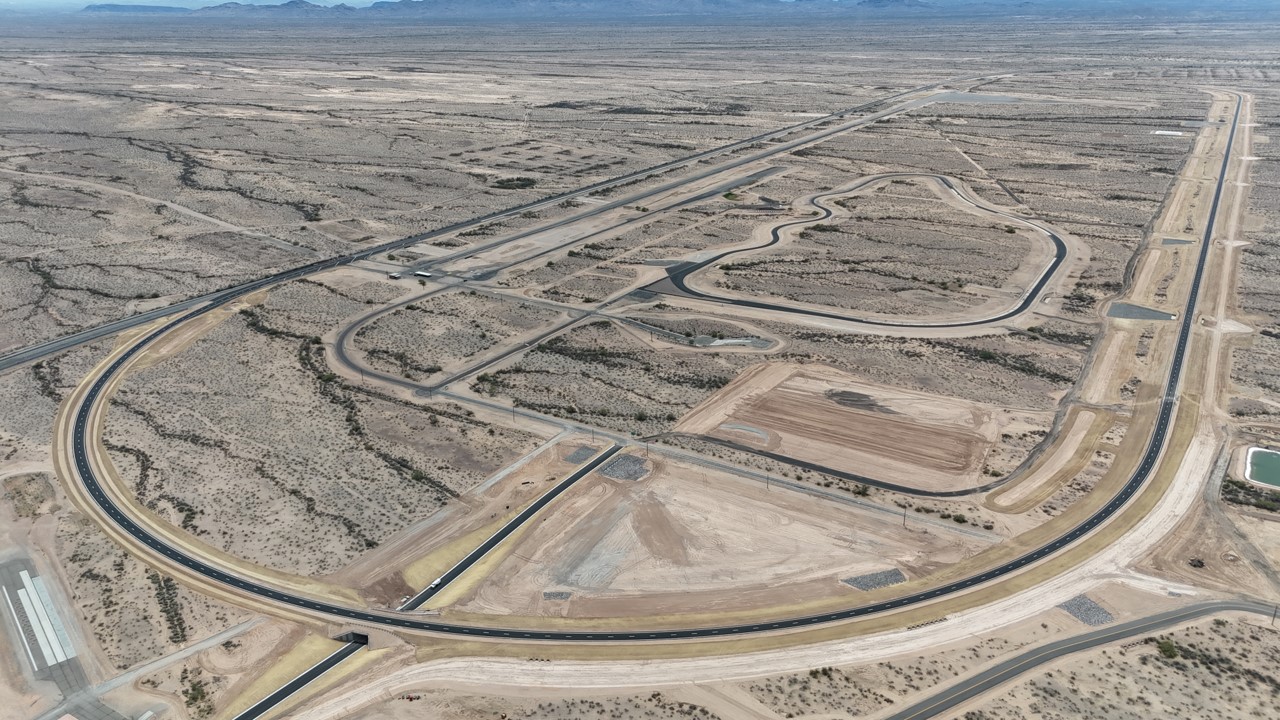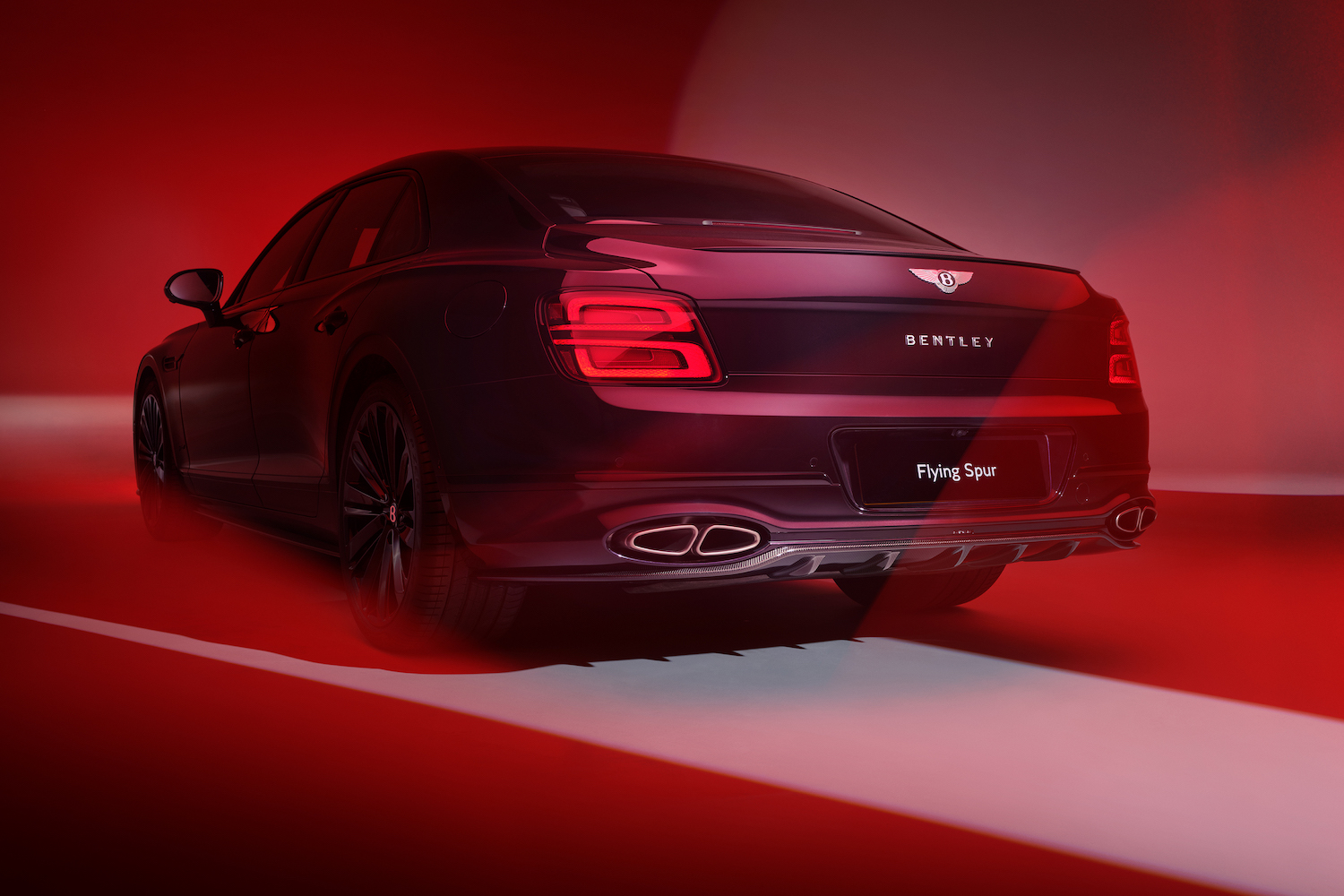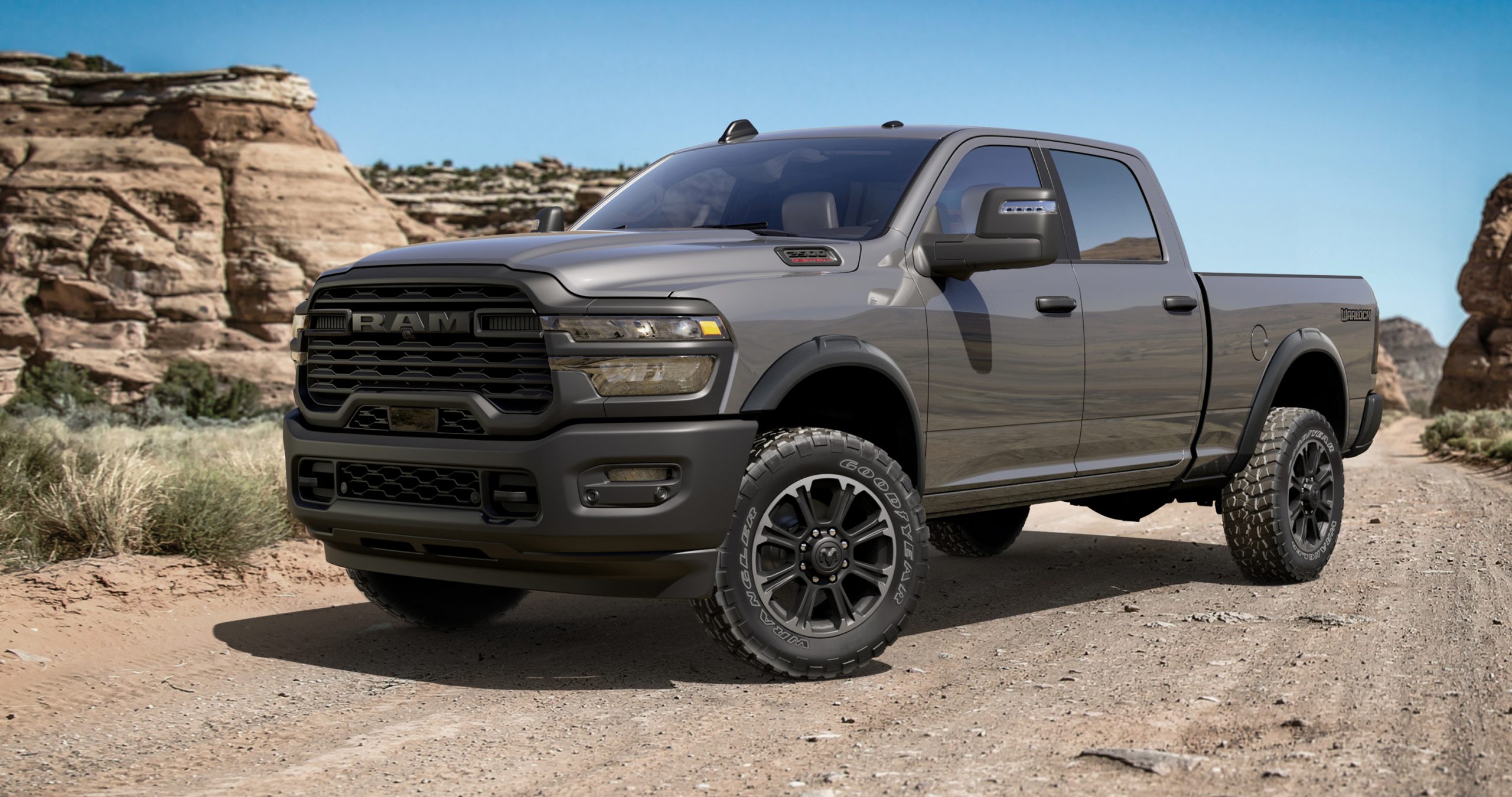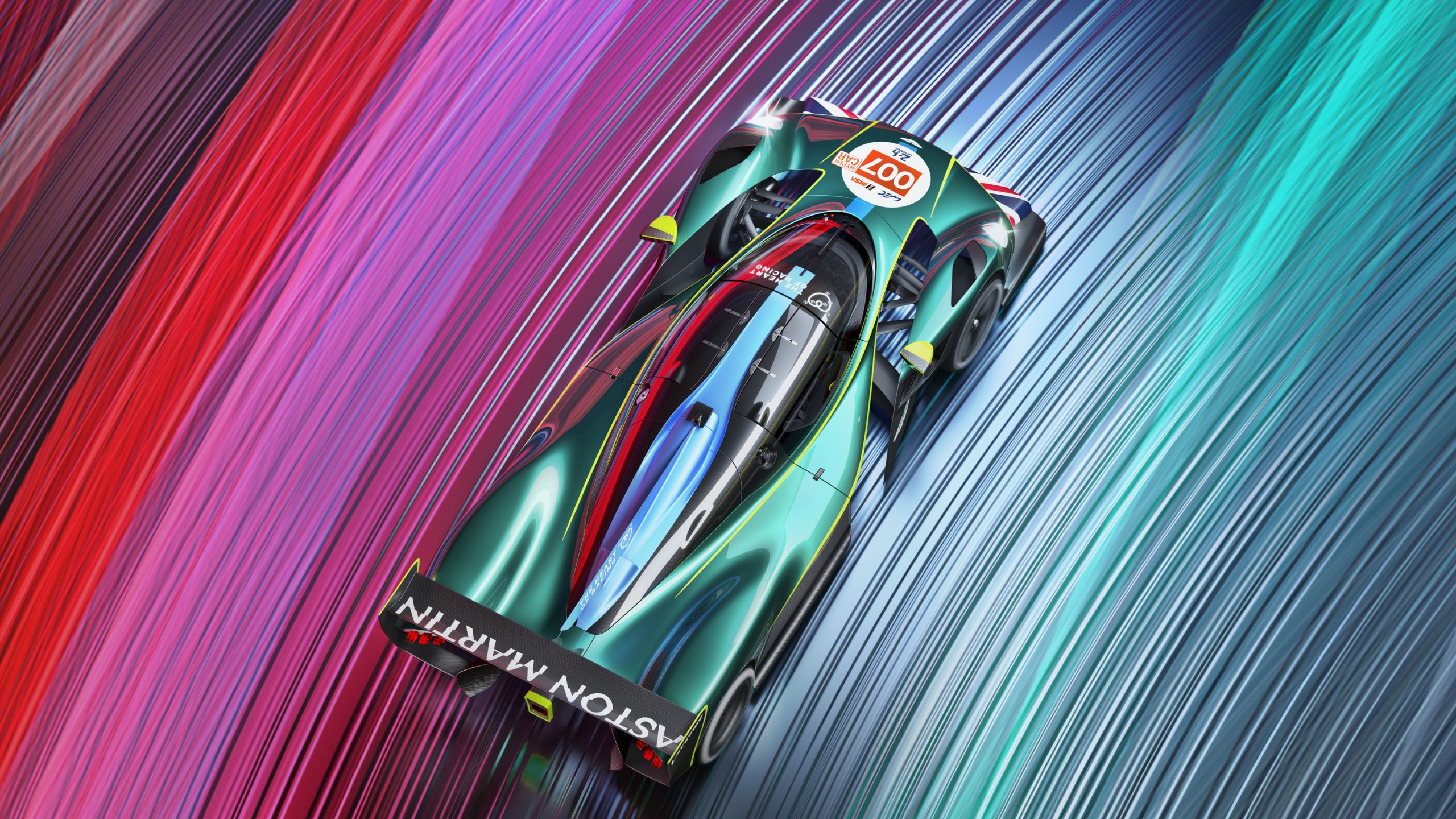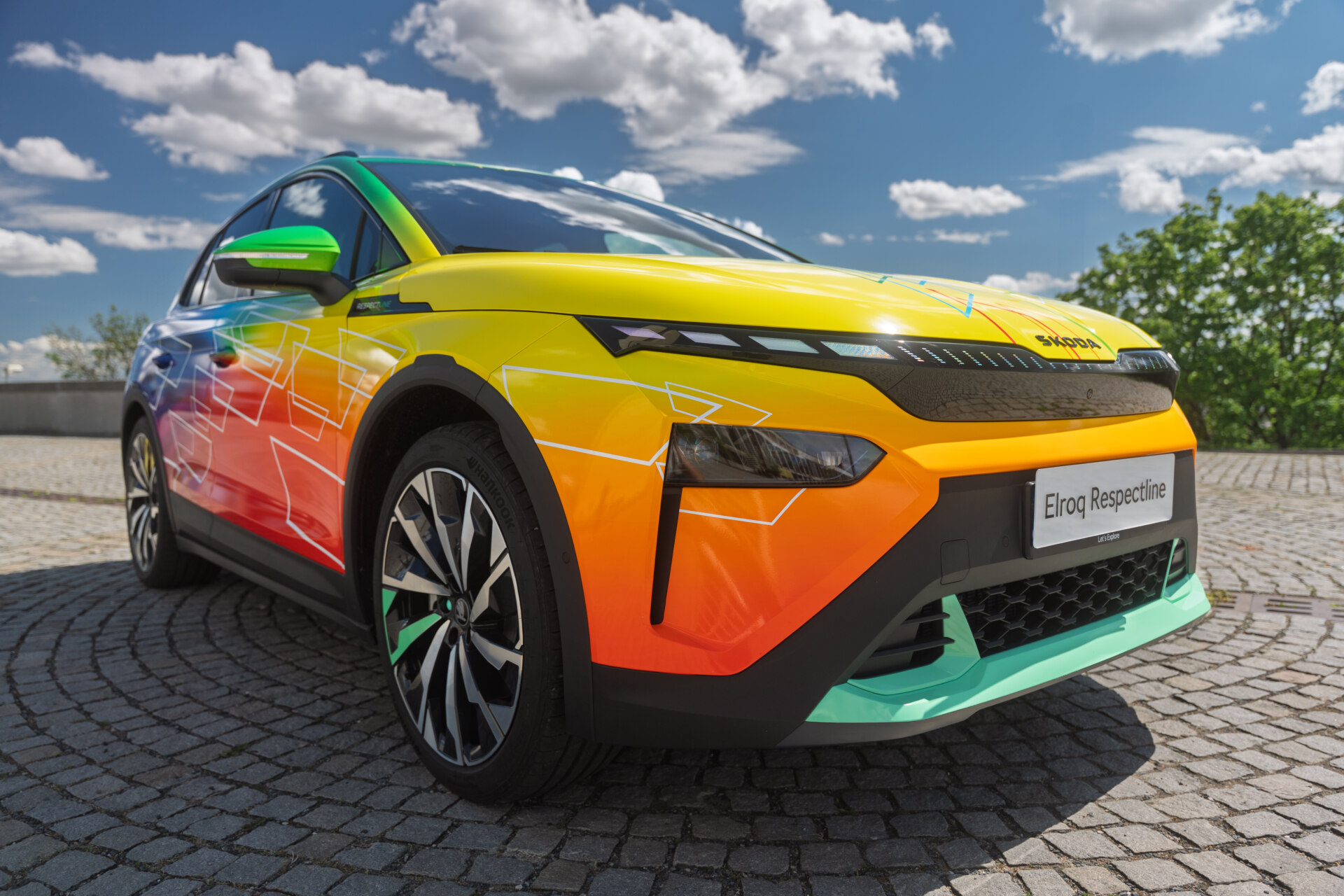Ferrari announces new tyres for the Enzo Ferrari supercar
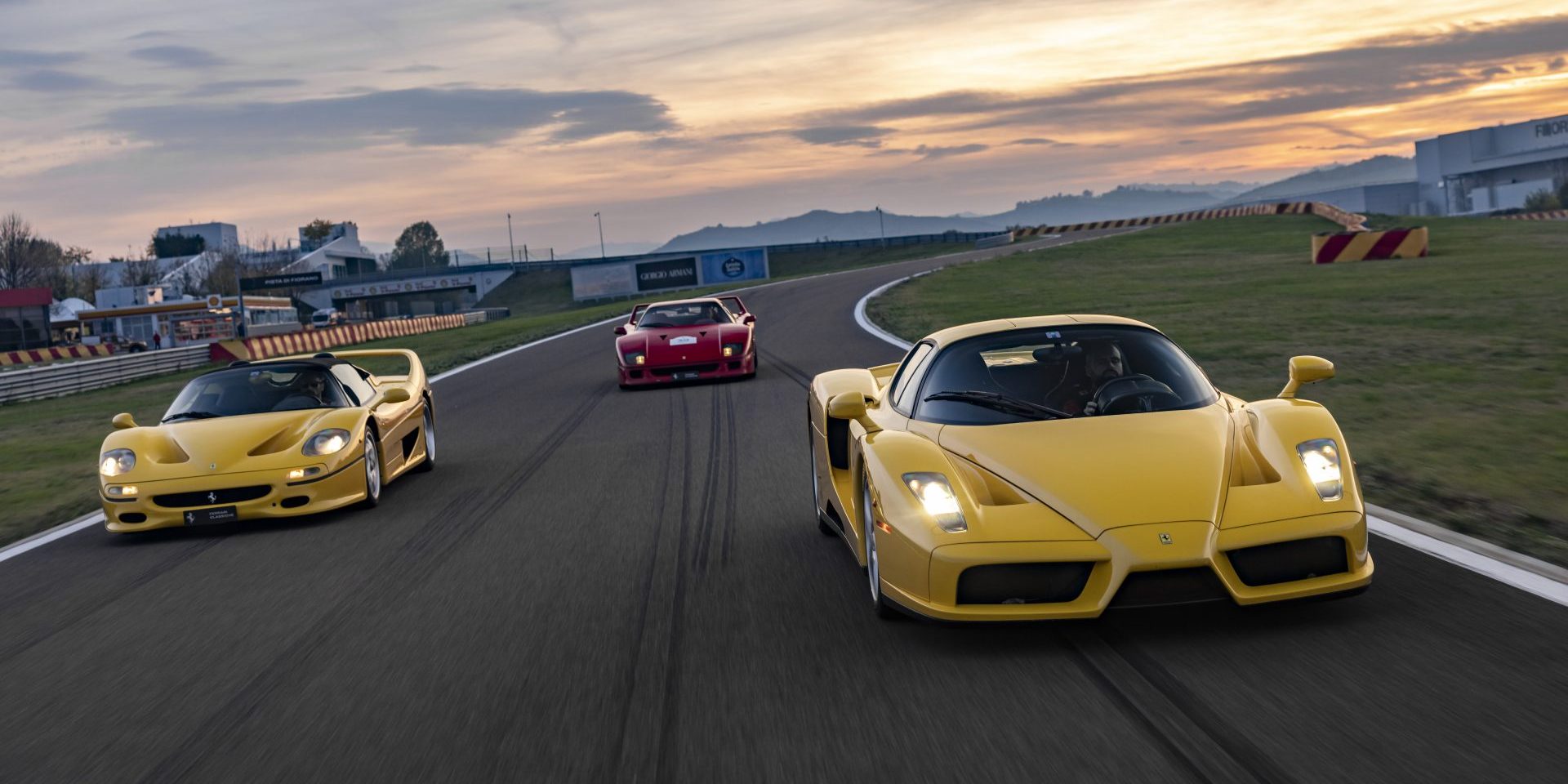
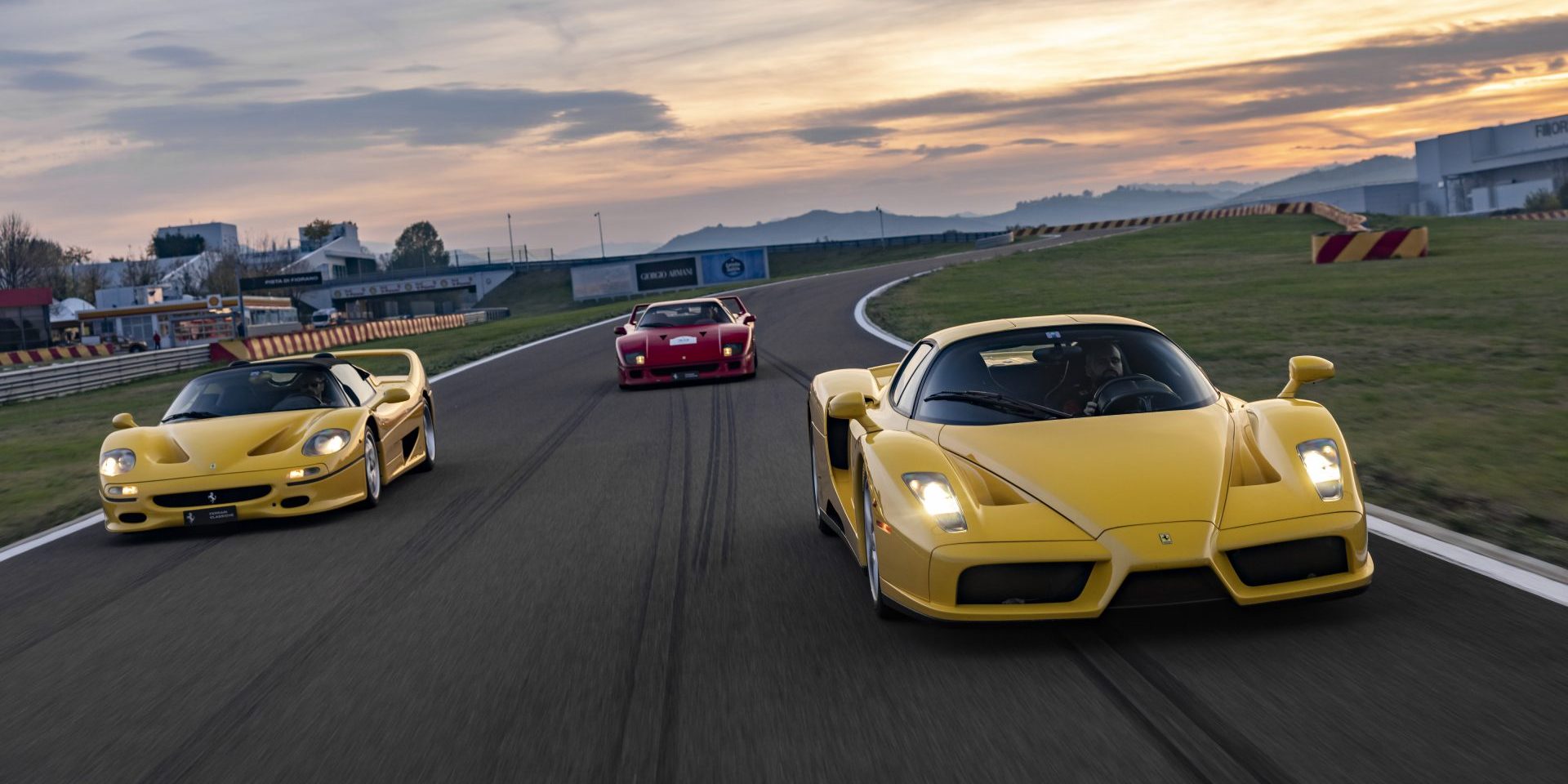
Testing of the new Pirelli P Zero Corsa System tyre developed specifically for the Enzo Ferrari has concluded today at the Fiorano track. While remaining true to the original in terms of size and aspect ratio, the new tyre uses state-of-the-art materials, compounds and technology to deliver levels of grip, performance and safety on a par with those of a modern tyre. This P Zero Corsa System tyre is available for the Enzo Ferrari in the original 245/35 R19 (front) and 345/35 R19 (rear) sizes and features two different directional and asymmetric tread patterns designed to counter aquaplaning.
Ferrari has also issued official approval for the use of P Zero and P Zero Corsa System tyres in the Collezione range already offered by Pirelli as aftermarket products for the F40 and F50. At its launch in 1987 the F40 was the first high-performance car to be equipped with the new Pirelli P Zero tyre. Pirelli have now introduced an updated version, in the original sizes of 245/40 R17 (front) and 335/35 R17 (rear), which has been modified to match the original lettering on the tyre walls.
The P Zero Corsa System tyres of the Collezione range for the 1995 Ferrari F50, in the sizes 245/35 R18 (front) and 335/30 R18 (rear), were also subject to development testing at Fiorano to ensure they respect the performance of the original tyres in terms of handling characteristics and feel.
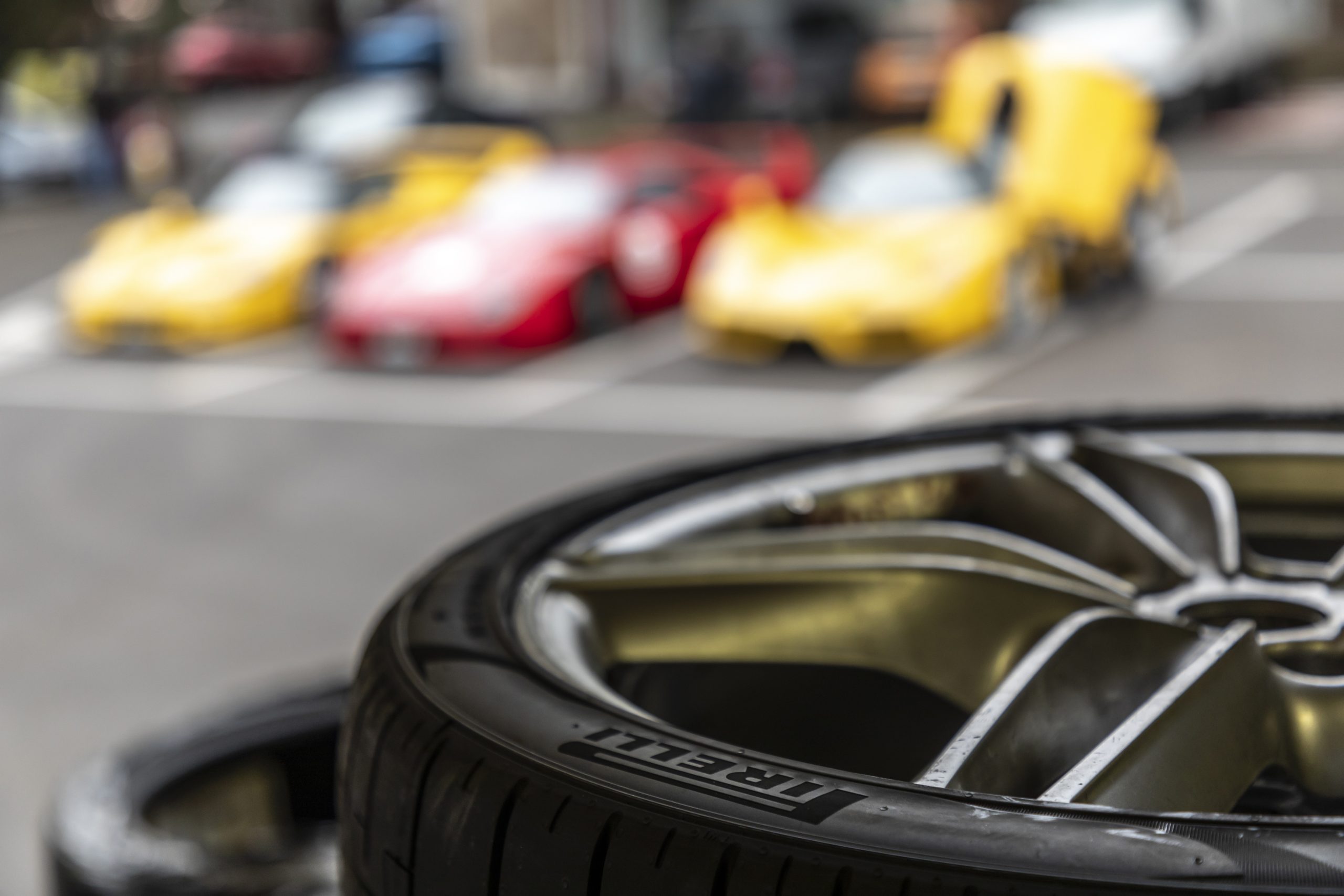
Currently under development is the tyre to equip the 1984 GTO, to which Ferrari will dedicate a Legacy Tour from the 1st to the 4th of October with a route that will take the cars from the Italian Dolomites to Maranello. The tyre Pirelli have prepared for the GTO is a P7 Cinturato originally developed from the experience gained in the World Rally Championship since 1974 and then launched on production sports cars in 1976. The first modern tyre to feature a low aspect ratio for improved handling, the P7 will be available in the original sizes (225/50 R16 front and 265/50 R16 rear) and again features a period look combined with modern materials and construction technology.
With the official approval of replacement tyres for these four legendary supercars, Ferrari again demonstrates its commitment to providing owners of historically important Prancing Horse models with the peace of mind that their cars can be used safely on the roads.
FERRARI GTO
The Ferrari GTO was unveiled at the Geneva International Motor Show in 1984. The power of its V8 turbo engine, its Pininfarina lines and advanced composite bodywork instantly won public acclaim. The GTO was the first Ferrari to sport a longitudinally-mounted V8 with twin turbos. The 2.8-litre capacity coupled with its eight cylinders earned it the unofficial 288 moniker, while its official name is a reference to the legendary 250 GTO of the early 1960s. Initially, Ferrari aimed to build just the 200 examples required to be granted homologation for Group B racing. It proved such a success that 272 were built before its production run ended, even if Group B was subsequently shelved. The GTO, however, has gone down in history as Ferrari’s first ever supercar and has since been joined by the F40, the F50, the Enzo Ferrari and the LaFerrari.
FERRARI F40
The Ferrari F40 was unveiled in July 1987 to celebrate 40 years of the Prancing Horse and was the last new model to have been approved by the founder, Enzo Ferrari. The car picked up the baton from the GTO, from which it inherited the philosophy of exclusivity and uncompromising performance, qualities that made it an icon among Maranello’s supercars. The engine was mid-longitudinally mounted as on the GTO, but the 2.9-litre displacement, higher compression ratio and increased boost pressure raised the power figure to 478 horsepower. Taut lines, a large, fixed rear wing, the use of composite materials to keep weight low made the F40 a true track car for the road. By the end of production 1311 examples were built, to which were added the F40 Competizione cars intended exclusively for racing.
FERRARI F50
The F50, unveiled at the 1995 Geneva Motor Show to mark the Maranello company’s 50th anniversary, embodies the soul of the most extreme Ferrari of the 1990s. It was the marque’s first supercar to mount a naturally-aspirated V12, developed directly from a Formula 1 engine, in a mid-longitudinal position. The car represented the pinnacle of technology exchange with the top racing series at the time. The engine, with five valves per cylinder, acted as a stressed member of the composite monocoque chassis; the aerodynamics were extreme and the suspension featured push-rod-operated shock absorbers. It was equipped with a removable hard top that brought the driving experience closer to that of racing cars, a peculiarity also highlighted by the absence of ABS and power-assisted steering. 349 examples were produced, only “one less than the expected market demand.”
ENZO FERRARI
The Enzo Ferrari, produced from 2002 to 2004, was the Prancing Horse’s fourth supercar. It reinforced the concept of technological exchange with Formula 1 already introduced on the F50. Substantial wind tunnel work was aimed at the pursuit of maximum performance and the goal of developing a car without compromise. The front end was strongly inspired by the design of the single-seater used in F1 at the time, while the rear wing, a characteristic element of the F40 and F50, was replaced by active aerodynamics, and the car’s flanks were sculpted in function of engine cooling. The iconic, naturally-aspirated V12 delivered 660 horsepower at 7,800 rpm, and the generous torque, much of which was available already at low revs, made it tractable and responsive. The racing inspiration continued in the interior with racing-inspired HMI, with commands on the steering wheel, and the brakes adopted F1-developed carbon-ceramic discs for the first time. A total of 400 examples were built.
